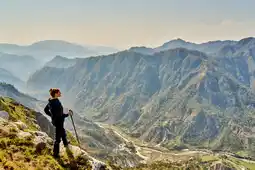
The Best Places in India to see Tigers
India stands as a premier haven for tiger enthusiasts, promising the enchanting opportunity to witness these majestic cats in their untamed habitats. Unveiling exclusive insights, we guide you through the National Parks where the prospect of encountering these extraordinary animals is most promising.












